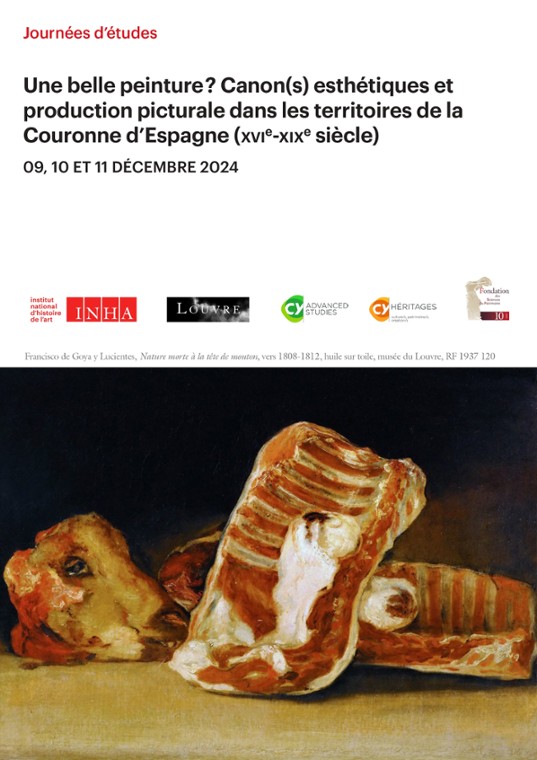In Western countries and beyond, the social movements of the last ten years have brought to the fore a number of practices that break with those of the institutionalized protest tradition: movements stemming directly from the people and not from constituted bodies (away from corporations, parties or unions), occupations of squares and streets, coup-de-poing actions (for Extinction Rebellion, for example), organization aside from institutions and leaders (Gilets jaunes), movements without precise demands (Nuit debout: "we ask for nothing") or demands for participatory democracy (RIC), etc. The common point of these extremely diverse forms is undoubtedly the rejection of the forms of the classic "politics", that is to say of the dominant organization of the representative democracy (State, parties, elections), to contest them in what we could gather under the term of "pirate practices". Would we then witness, in this first quarter of the 20th century, an "anarchist" moment (according to a concept that remains to be defined), after the Marxist moment, in the struggle against the neo-liberal management of the world and the evils of capitalism?
This conference therefore aims to take Graeber's observation at face value in order to try to consider, together with others, what the "anarchist perspectives" that are reflected in the thoughts and practices as well as in the theorizations implicitly or explicitly situated in this horizon of interdisciplinary reflection imply, in particular, to consider, in the context of theories and practices, the role of the "anarchist perspective" in the development of a new society. This implies thinking, in the arts and literary studies, but also in the social sciences and philosophy, about this "imaginary of ungovernability" illustrated by : distrust of institutions; cooperation rather than competition; refusal of overarching authority; temptations and attempts at desertion, guerrilla warfare, sabotage, disobedience, even treason; emphasis on the collective rather than the author-genius; the recourse to a certain violence (or at least conflict and antagonism) rather than consensus; the community with or against the individual; the "living without" (police, work, money) as utopia; the autonomy/heteronomy dynamic; etc. It also involves meditating and discussing the ontological underpinnings (the composition of social reality), the epistemological presuppositions (the reflexive and critical methods at work among the actors) and the normative orientations (the principles of equality, freedom or justice that are supposed to govern the transformation of reality) that structure these "anarchist perspectives" as conditions of possibility and concrete manifestations.
The points of entry in the colloquium will thus be able to be carried out starting from multiple and complementary interrogations and disciplines, all connected to the comprehension of the tendencies of anarchism.

